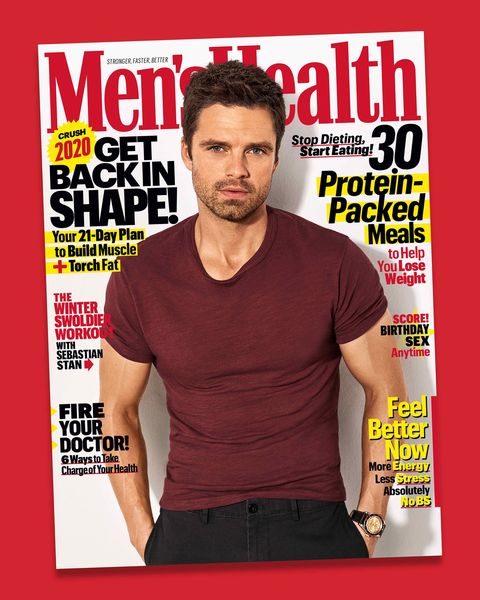
Thomas DeLauer had always been fairly fit through high school, but gained 120 pounds due to stress and a lifestyle that had become less physically active as he began to focus on his career. Now a health and fitness entrepreneur and YouTuber, DeLauer explains how he used intermittent fasting in conjunction with working out as a tool to help himself lose weight—and how he struggled to sustain his results until he learned to prioritize his mental health.
“I started intermittent fasting not really knowing what I was doing,” he says. “I was doing intermittent fasting simply because it was easy; I could go for a period of time without eating, and then eat. But there was no regiment, it wasn’t like I was following a structured plan. I would go until 3 or 4 p.m. and then eat. That was just it. And quite frankly, it probably wasn’t healthy, because I developed a weird addiction to it.”
DeLauer lost about 50 pounds in a 6 month period. That kind of rapid weight loss isn’t uncommon when you make changes to your diet and reduce your calorie intake, but as is to be expected, his results began to plateau.
At this point, in addition to continuing his intermittent fasting, he also started the keto diet, and his weight loss continued. He began to see benefits outside of just dropping body fat, such as reduced inflammation, and becoming more productive at work. Soon after, he started his own business, which brought on a whole new wave of stress that caused him to fast and then binge:
“I was still fasting, but my results were stopping, because when I was eating, I was eating the wrong things, I was eating an overabundance of things, and quite frankly, at that point in time, I was doing more of a modified one-meal-a-day type diet because it was just the natural progression… if I knew what I know today, it would be a whole different story.”
DeLauer believes now that if you overload with food in just one sitting, it can backfire. He adds that at certain points on his weight loss journey, he would either be way too strict with regards to what he ate, or go too far in the other direction. “I didn’t live life a normal way,” he says. “I either lived it totally on or totally off.”
The biggest improvement he made, he notes, was when he stopped focusing merely on his physical health, and started focusing on his mental health.
“By focusing on my mental health, everything fell together. It should have been step one,” he says. “But it seemed so distant to losing the body fat, to changing my physical body… I tell you, if I had spent 10 minutes meditating vs. 60 minutes pounding the pavement, I would have made a lot more progress a lot faster.”
He recalls how, at times, he was able to use the anger and frustration he would feel about his own body to motivate himself, but that ultimately it’s an unsustainable approach. “You can’t live on the anger drive,” he says. “You have to live on intention and purpose.”
If you’re interested in intermittent fasting as a means of losing weight, here’s what you should know before trying it out for yourself.

Source: Read Full Article